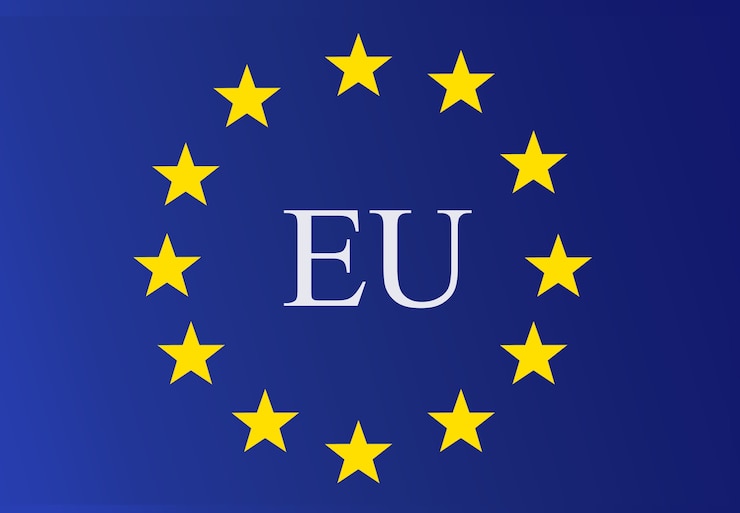EU Regulation to combat Illicit Trade comes into Effect

The European Union is taking a significant step forward in protecting cultural heritage as Regulation (EU) 2019/880, which aims to prevent the illegal trade in cultural goods, becomes fully applicable.
The regulation aims to prevent the trade of stolen and looted artefacts from any third country, currently for instance, this concerns cultural goods looted during the armed conflict in Ukraine.
Although the Regulation was adopted in 2019, its provisions will come into effect on June 28 2025, as the centralised IT system for import certification (ICG system) is now ready for service. The period between adoption and entering into force gave market participants time to prepare for the introduction of the licensing requirements. Now, all operators are required to obtain an import licence or submit an importer statement to customs authorities through the electronic system when importing certain cultural goods into the EU. This marks a major milestone in the EU's efforts to combat the illicit trade in cultural goods and protect cultural heritage.
The illicit trade in cultural goods harms the cultural heritage of countries, for example when illegally excavated archaeological artefacts are moved out of their country of origin, creating loss for the scientific community. The illicit trade of cultural goods has at times served to finance terrorism or is used for money laundering, tax evasion and organised crime.
The Regulation requires EU importers to obtain a license or submit a statement to customs authorities before importing certain cultural goods into the EU. This ensures that the goods have been legally exported from their country of origin and that their import into the EU is legitimate. The Regulation also establishes a centralised electronic system, the so-called ICG system, which will facilitate the accomplishment of formalities by operators and enable the storage and exchange of information between Member States' administrations. The news system is a low-threshold solution that aligns with the requirements of the 1970 UNESCO Convention on the Means of Prohibiting and Preventing the Illegal Import, Export and Transfer of Cultural Property which asks countries to introduce a certification system.
The Regulation categorises cultural goods into two main groups:
- Particularly endangered cultural goods: These include archaeological objects and parts of monuments that have been dismembered. The import of these goods is subject to import licenses, which require the importer to obtain a license from the relevant authorities before importing the goods.
- Less endangered cultural goods: These include other types of cultural goods that are considered to be less at risk than the first category. The import of these goods is subject to importer statements (self-certification), which require the importer to draw up and submit a statement to the customs authorities before importing the goods.
All cultural goods imported into the EU, regardless of their category, are subject to uniform controls. This means that customs authorities will verify the documentation and inspect the goods to ensure that they have been legally exported from their country of origin.
Certain imports of cultural goods are exempt from the documentary requirements (import licenses and importer statements) if they are intended for specific uses, such as exhibitions, artistic performances, digitisation and educational, scientific or research purposes.
These exemptions aim to facilitate cultural, non-profit exchanges with third countries museums and institutions, while still ensuring that the goods have been exported from these countries in accordance with their laws. Commercial art fairs also benefit from less strict requirements.
The electronic system for the import of cultural goods, the ICG system, is now fully operational, marking the final stage of implementation of the Regulation. The system has been successfully connected to the EU Single Window Environment for Customs (EU CSW-CERTEX), and training sessions have been completed for Member States' administrations. The ICG system now allows operators to file the necessary documents. It also enables Member State’s administrations to store and exchange information, ensuring a smooth and efficient process for importing cultural goods into the EU.
